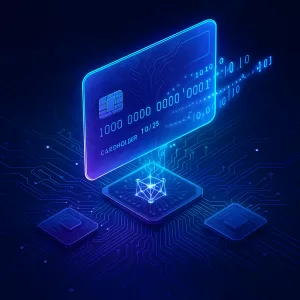
As quantum computing accelerates, it threatens to crack open the very cryptographic foundations that protect our payment and identity systems. For ICMA members—many of whom design, manufacture and personalize cards that power secure transactions worldwide—this isn’t just a theoretical risk. It’s a fast-approaching challenge that demands immediate attention.
At the 2025 ICMA EXPO in Orlando, ICMA member Antoine Kelman, CTO of IDEMIA Secure Transactions – NORAM, will deliver a pivotal session: Cryptography vs. Quantum Computing: The Race to Stay Ahead of Cyber Threats.
Here’s what you need to know ahead of this essential industry discussion.
Why Quantum Computing Changes Everything
Unlike classical computers, which store and process information in binary, quantum computers use qubits that can represent multiple states at once. This means quantum machines can solve certain problems—like factoring massive prime numbers—millions of times faster than today’s systems. And that’s exactly the kind of math that protects RSA (Rivest–Shamir–Adleman), ECC (Elliptic Curve Cryptography) and other widely used encryption standards.
Kelman will walk attendees through the coming shift, where 1 million-qubit machines (expected by 2035–2045) could break today’s encryption within hours or minutes—putting cardholder data, payment networks and authentication systems at risk.
What It Means for Payment Cards
The quantum threat isn’t some far-off concern. It directly impacts the card industry’s most widely used protocols:
- Offline Data Authentication (ODA) and Offline PIN Verification—common in EMV chip cards and transit systems—are vulnerable to quantum attacks.
- Online transactions, while more secure, must adopt AES-256 encryption to remain protected in the quantum age.
Kelman will also share performance benchmarks from IDEMIA Secure Transactions’ quantum-safe payment card prototype, presented at NIST’s Post-Quantum Cryptography conference. While promising, the data shows that current chips and communication protocols will need significant upgrades to handle the complexity of quantum-resistant algorithms.
Post-Quantum Cryptography: The Path Forward
Kelman will explain the evolution of Post-Quantum Cryptography (PQC)—algorithms specifically designed to resist quantum attacks. Leading the charge are the following NIST-approved PQC algorithms:
- ML-KEM (for Key Encapsulation)
- SLH-DSA and ML-DSA (for Digital Signatures)
But migrating to PQC isn’t simple. These algorithms require more memory, bandwidth and processing power, and they don’t map 1:1 to existing systems. Every protocol—especially in embedded systems like cards—must be re-engineered.
Hybrid approaches that combine classical and quantum-resistant algorithms for added security are already being deployed in the real world.
What ICMA Members Should Do Now
Kelman will outline practical steps for manufacturers, issuers and solution providers to prepare:
- Conduct crypto risk assessments across your systems and assets
- Adopt crypto-agility—designing cards and platforms that can evolve with future cryptographic standards
- Coordinate across your ecosystem, since PQC adoption will require alignment among chipmakers, software vendors and financial institutions
He’ll also address the growing concern around “Harvest Now, Decrypt Later” attacks, where bad actors collect encrypted data now with the intention of decrypting it when quantum tools become available.
Why This Session Matters
This is not just a cybersecurity issue—it’s a business continuity issue. The payment and identity industries depend on trust, reliability and security. As quantum computing advances, staying ahead of cryptographic threats is essential to maintaining that trust.
Whether you’re designing next-gen card hardware, securing backend systems or working with financial institutions, this session will give you the insight and foresight to make informed decisions—and avoid being caught off guard.
Why ICMA Membership Matters
As ICMA celebrates 35 years in 2025, the association remains committed to supporting the card manufacturing industry by providing members with the tools they need to thrive.
Beyond marketing solutions, ICMA also offers valuable educational opportunities, including Advanced Card Education (ACE) training, and the Card Manufacturing & Personalization EXPO, the association’s largest event.
By participating in ICMA’s many programs, members gain the ability to shape the future of the industry while enhancing their brand’s presence across multiple channels.
Whether it’s contributing articles to Card Manufacturing, presenting a webinar or attending a high-profile industry event, ICMA membership offers unparalleled opportunities to network, learn and grow.
For card industry professionals looking to stay ahead in 2025, leveraging the marketing resources and industry recognition offered by ICMA is a proven strategy for success.
Learn more about the benefits of ICMA membership.
